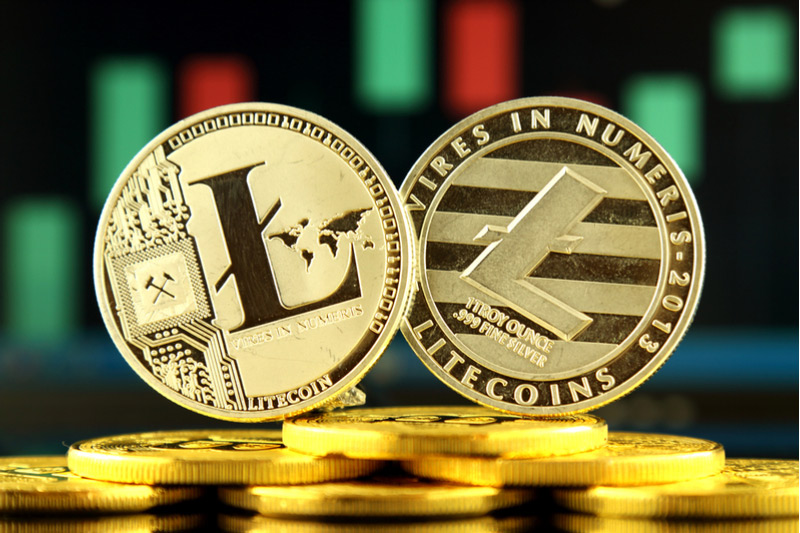Litecoin Principles of operation
Litecoin (LTC) is a well-established cryptocurrency known for its speed and efficiency. Launched in 2011 by Charlie Lee, a former Google engineer, Litecoin shares many similarities with Bitcoin but offers some unique features. Here is an in-depth look at Litecoin, including its owner, uses, working principles, limitations, current value, and how to buy and sell the coin.
1. Owner: Litecoin was created by Charlie Lee, who remains an influential figure in the cryptocurrency community. Unlike some cryptocurrencies, Litecoin doesn’t have a central governing authority or owner; it operates as a decentralized network.
2. Uses: Litecoin serves several purposes within the cryptocurrency ecosystem:
- Digital Currency: Like Bitcoin, Litecoin is a digital currency that can be used for various financial transactions, including purchases, investments, and transferring value globally.
- Fast and Low-Cost Transactions: Litecoin is known for its quick confirmation times and low transaction fees, making it a preferred choice for everyday transactions and microtransactions.
- Testbed for Innovation: Litecoin is often used as a testbed for implementing new technologies and features that can later be adopted by other cryptocurrencies.
3. Working Principles: Litecoin operates on similar principles as Bitcoin but with some notable differences:
- Proof-of-Work (PoW): Litecoin uses a PoW consensus mechanism, specifically Scrypt, which was designed to be more resistant to custom hardware (ASIC) mining. This was meant to keep mining accessible to a broader community and avoid excessive centralization.
- Faster Block Generation: Litecoin has a faster block generation time (2.5 minutes) compared to Bitcoin’s 10 minutes. This results in quicker transaction confirmations.
- Total Supply: Litecoin has a maximum supply of 84 million coins, four times that of Bitcoin. This means that Litecoin may offer more liquidity and affordability than Bitcoin for everyday transactions.
4. Limitations:
- Market Competition: Litecoin faces competition from many other cryptocurrencies that offer similar features, including faster transaction speeds and lower fees.
- Limited Adoption: While Litecoin is widely accepted by online retailers and services, its adoption for everyday transactions is still somewhat limited compared to traditional currencies.
- Volatility: Like all cryptocurrencies, Litecoin’s value can be highly volatile, which makes it a less stable store of value compared to traditional assets.
5. Current Value: The value of Litecoin (LTC) is subject to market dynamics. To check its most up-to-date value, consult cryptocurrency exchanges, market tracking websites, or financial news sources.
6. How to Buy and Sell Litecoin: To buy and sell Litecoin, follow these general steps:
a. Choose a Cryptocurrency Exchange: Select a reputable cryptocurrency exchange that supports LTC trading. Popular exchanges for LTC include Coinbase, Binance, and Kraken.
b. Create an Account: Sign up for an account on your chosen exchange and complete any required identity verification.
c. Deposit Funds: Deposit funds into your exchange account using methods like bank transfers, credit/debit cards, or other cryptocurrencies like Bitcoin or Ethereum.
d. Place an Order: Use your deposited funds to place a buy order for LTC at the current market price or set a specific price if you want to wait for a better deal.
e. Secure a Wallet: Consider transferring your LTC to a secure cryptocurrency wallet for added security. Wallet options include hardware wallets, software wallets, and mobile wallets.
f. Selling Litecoin: To sell LTC, place a sell order on the exchange when you decide to do so. You can exchange it for another cryptocurrency or fiat currency, depending on the trading pairs available on the exchange.
Keep in mind that the cryptocurrency market is highly volatile, and it’s essential to do your research and stay informed about the regulatory environment in your region, as it can vary. Only invest what you can afford to lose.



